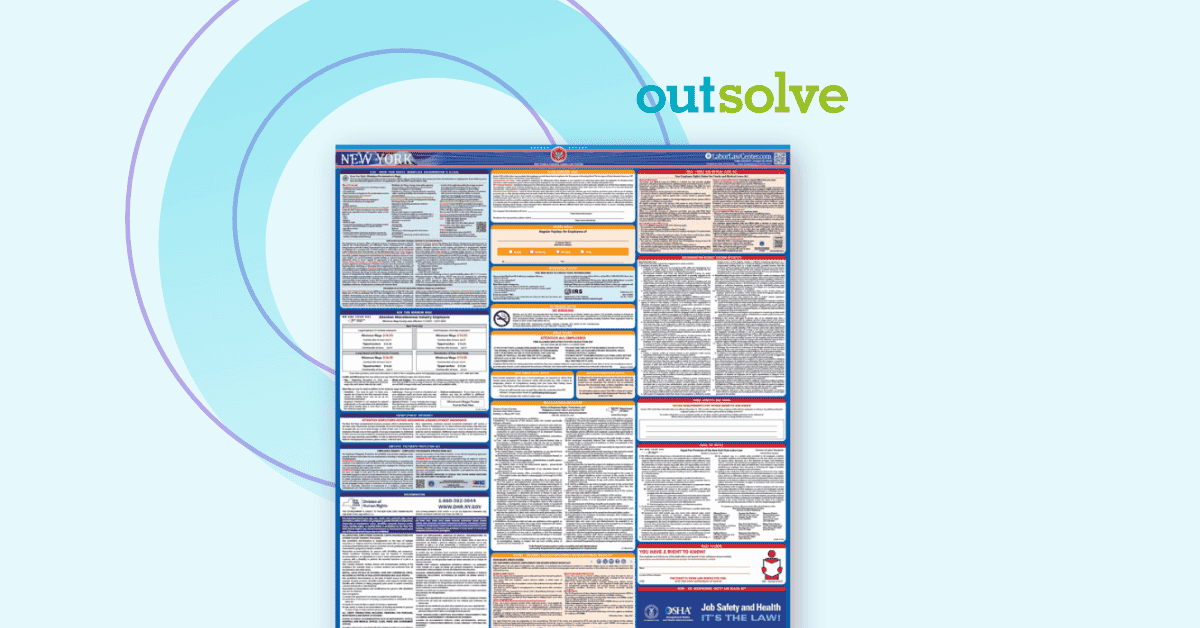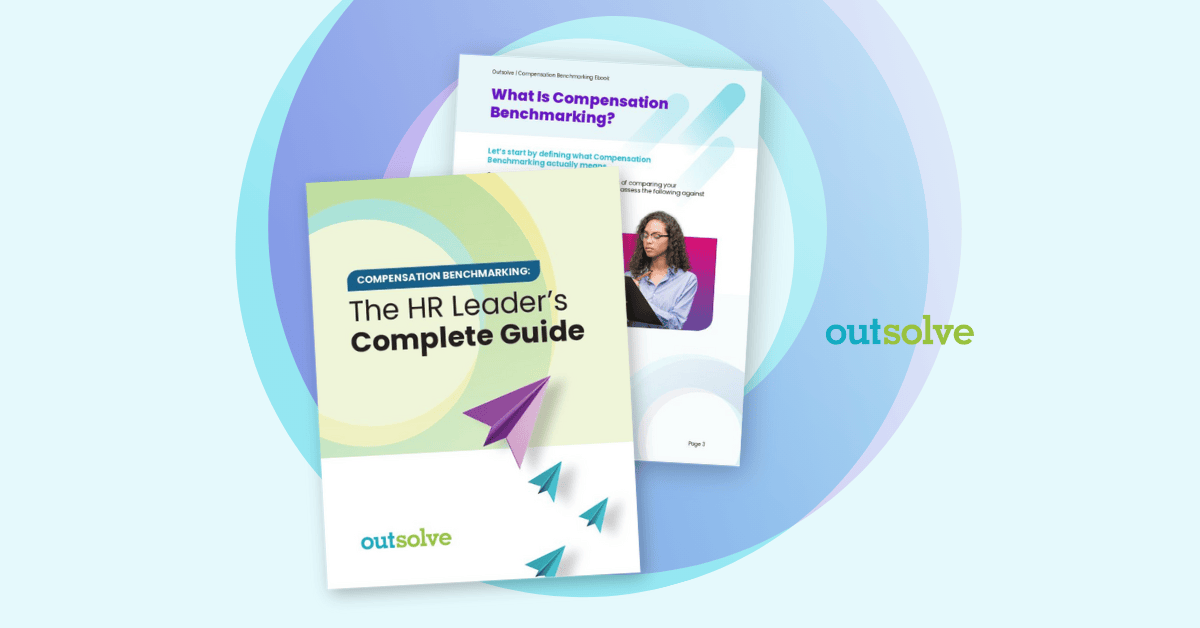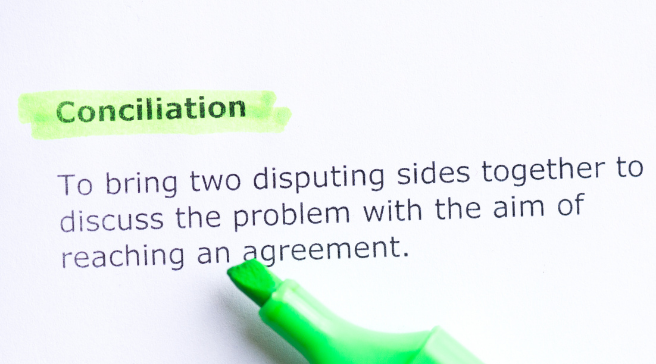Applies to all conciliations involving reasonable cause findings issued February 16, 2021 and later
On October 9, 2020 the Equal Employment Opportunity Commission (EEOC) published a Notice of Proposed Rulemaking (NPRM) announcing proposed revisions to the conciliation procedures for charges alleging violations of the laws in which the agency has authority. On January 14, 2021, the agency published an update in the Federal Register on the Conciliation Procedures.
EEOC is obligated to engage in conciliation to resolve discrimination charges instead of simply affording victims a cause for action for damages. According to EEOC, one of the challenges of the conciliation program is that approximately one-third of respondents who receive a reasonable cause finding refuse to participate in conciliation.
The revisions ensure that the Commission will provide facts and the law supporting the claim, findings, and demands. EEOC feels that by providing information on the agency’s findings and demands, the company of the alleged discrimination will understand its potential liability and therefore, will want to participate in conciliation.
At the end of the comment period, EEOC received 58 comments from organizations and individuals – 15 in favor, 33 in opposition, and 10 non-responsive. Based on the submissions, EEOC published the final rule.
Since the rule was published in the Federal Register prior to January 20, 2021, it is not subject to the current administration’s regulatory freeze and any alteration or repeal would require a majority approval of the EEOC Commissioners. There is the possibility that Congress could vote to rescind the rule under the Congressional Review Act; however, that would require a majority in both houses and the President’s signature.
Keep in mind that on January 27, 2021 EEOC announced that it had terminated the conciliation pilot program that required stricter conciliation accountability from EEOC field offices to its headquarters.
Founded in 1998, OutSolve has evolved into a premier compliance-driven HR advisory firm, leveraging deep expertise to simplify complex regulatory landscapes for businesses of all sizes. With a comprehensive suite of solutions encompassing HR compliance, workforce analytics, and risk mitigation consulting, OutSolve empowers organizations to navigate the intricate world of employment regulations with confidence.
Recent Posts

New Executive Orders May Require Labor Law Poster Updates

HR Compliance Checklist: What Every HR Pro Needs to Know
Related Posts

Employer Responsibility: Workplace Non-Discrimination Under Federal Law
The world of employment law continues to change. For HR, staying informed about employment law changes and their implications is crucial. One of the...

Compensation Benchmarking: The HR Leader’s Complete Guide
Setting salaries can feel like a guessing game. If you pay employees too little, they leave for better offers. If you pay too much, you strain your...

6 Steps to Conduct a Pay Equity Audit
Fair and equitable compensation practices are not just a matter of compliance—they’re necessary for attracting and retaining top talent and for...


